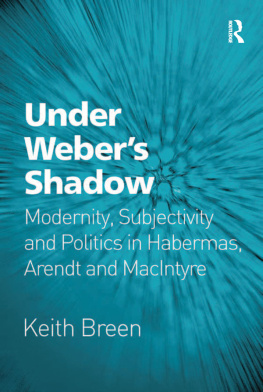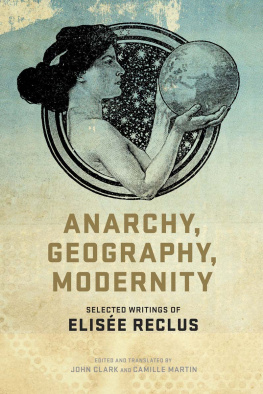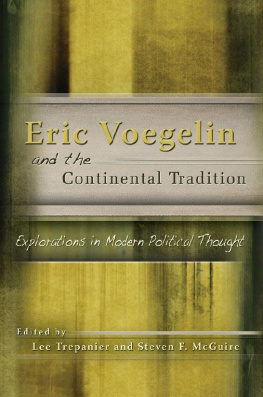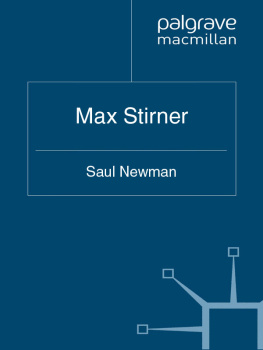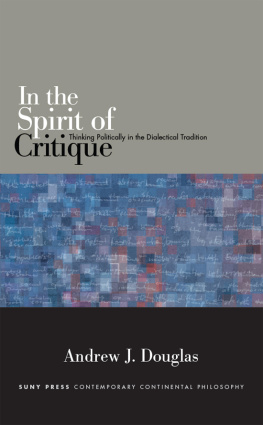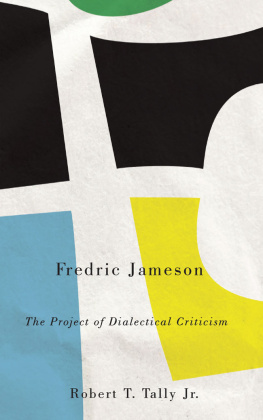About the Author
John F. Welshis an independent scholar living in Santa Fe, New Mexico. He recently retired as professor of higher education from the University of Louisville. In addition to his research activities, he taught courses in the administration and finance of higher education and mentored doctoral students through their dissertation projects.
He is the author of After Multiculturalism: The Politics of Race and the Dialectics of Liberty (2008). He has published chapters in recent books on topics including dialectical logic, ideology and education, the future of public education, innovation in information technology in higher education, how the war on terror is affecting higher education, and the dialectics of race and liberty.
Welsh has published widely in social science and higher education research journals, including the Journal of Higher Education; Race, Ethnicity and Education; Journal of Higher Education Policy and Management; Leadership and Policy in Schools; Workplace: A Journal for Academic Labor; Journal of College Student Retention; Community College Review; Community College Journal of Research and Practice; Assessment and Evaluation in Higher Education; Campus-Wide Information Systems; Community College Enterprise; Trusteeship; Cultural Logic; Quality Assurance in Education; Connection: The New England Journal of Higher Education; Midwest Quarterly; Humanity and Society; Free Inquiry; New Proposals; and Quarterly Journal of Ideology.
He received several teaching, research, and service awards during his academic career. In 2003, Welsh won the Red Apple Award for outstanding teaching and mentoring at the University of Louisville. He also won the award for Excellence in On-line Teaching from the Kentucky Council on Postsecondary Education in 2003 and 2006.
Acknowledgments
A t the outset, I cheerfully acknowledge the influence of Max Stirner, Friedrich Nietzsche, and Ayn Rand on my thinking and writing. Despite their many differences, the writings of the three great individualists have informed and inspired me for over forty years. They continue to be a source of life-affirming insight. I also thank Wayne Ross, Chris Matthew Sciabarra, Bob Antonio, and Sandra Mathison, each of whom encouraged and guided me as I prepared this manuscript. A big thank you goes to my friend Howard Paul Sullivan, for help in understanding German language and culture. The folks at i-Studies, the Memory Hole, and the Liberty Site deserve considerable acclaim for making very rare egoist documents broadly accessible through the Web. I thank the anonymous reviewer and Joseph Parry for helping improve the manuscript and bringing it to the form of a book. As always, I give my love and gratitude to Wendy Welsh.
Selected Bibliography
Antonio, Robert J. Immanent Critique as the Core of Critical Theory: Its Origins and Development in Hegel, Marx, and Contemporary Thought. British Journal of Sociology 32 (Fall 1981): 33045.
, ed. Marx and Modernity: Key Readings and Commentary. Oxford: Blackwell Publishing, 2003.
. Nietzsches Antisociology: Subjectified Culture and the End of History. American Journal of Sociology 101 (July 1995): 143. Avrich, Paul. Anarchist Portraits. Princeton, NJ: Princeton University Press, 1988. Bakunin, Mikhail. Statism and Anarchy. 1873. Reprint, Cambridge: Cambridge University Press, 1990.
Barash, Carol. Dora Marsdens Feminism, The Freewoman, and the Gender Politics of Early Modernism. Princeton University Library Chronicle 49 (Autumn 1987):3156.
Berlin, Isaiah. Karl Marx: His Life and Environment. 1948. Reprint, Oxford: Oxford University Press, 1996.
Brojer, Thomas. Philologica: A Possible Solution to the Stirner-Nietzsche Question. The Journal of Nietzsche Studies 25 (Spring 2003): 10914.
Buber, Martin. Between Man and Man. 1947. Reprint, New York: Routledge, 2002.
Camus, Albert. The Rebel: An Essay on Man in Revolt. New York: Knopf, 1956.
Carson, Kevin. Studies in Mutualist Political Economy. New York: BookSurge Publishing, 2007.
Clark, John. Max Stirners Egoism. London: Freedom Press, 1971.
Clarke, Bruce. Dora Marsden and Early Modernism: Gender, Individualism, and Science. Ann Arbor: University of Michigan Press, 1996.
Coughlin, Michael, Charles Hamilton, and Mark Sullivan. Benjamin Tucker and the Champions of Liberty: A Centenary Anthology. St. Paul, MN: Michael Coughlin, n.d.
Eltzbacher, Paul. The Great Anarchists: Ideas and Teachings of Seven Major Thinkers. 1908. Reprint, Mineola, NY: Dover Publications, 2004.
Feuerbach, Ludwig. The Essence of Christianity. 1841. Reprint, New York: Barnes and Noble Books, 2004.
Garner, Les. A Brave and Beautiful Spirit: Dora Marsden, 18821960. Brookfield, VT:Avebury, 1990.
. Stepping Stones to Womens Liberty: Feminist Ideas in the Womens Suffrage Movement, 19001918. Rutherford, NJ: Farleigh Dickinson University Press,1984.
Goodheart, Eugene. The Cult of the Ego: The Self in Modern Literature. Chicago: University of Chicago Press, 1968.
Greene, William B. Mutual Banking. 1849. Reprint, New York: Gordon Press, 1974.
Hegel, G. W. F. The Earliest System-Programme of German Idealism. In The Hegel Reader. 17961797. Reprint, Oxford: Blackwell Publishing, 1998.
. Phenomenology of Spirit. 1807. Reprint, London: Oxford University Press, 1977
. Philosophy of History. 1837. Reprint, New York: Dover Publications, 1956.
. Philosophy of Right. 1821. Reprint, Oxford: Oxford University Press, 1952.
. Science of Logic. 1812. Reprint, New York: Routledge, 2004.
Hook, Sidney. From Hegel to Marx. New York: Columbia University Press, 1994.
Huneker, James. Egoists, A Book of Supermen. New York: Scribners, 1909.
Ingalls, Joshua K. Social Wealth: The Sole Factor in Its Acquirement and Apportionment. New York: Social Science Publishing Company, 1885.
Kierkegaard, Sren. The Concept of Dread. 1844. Reprint, Princeton, NJ: Princeton
University Press, 1957.
Laska, Bernd A. Nietzsches Initial Crisis: New Light on the Stirner/Nietzsche Question. Germanic Notes and Reviews 33 (Fall 2002): 10933.
. Dora Marsden: The Stirner of Feminism. Unpublished manuscript. Available online at www.lsr-projekt.de/poly/enmarsden.html (accessed October 13, 2009).
Lvy, Albert. Stirner et Nietzsche. Paris: Societe Nouvelle de Librairie et dEdition,1904.
Lwith, Karl. From Hegel to Nietzsche: The Revolution in Nineteenth Century Thought. New York: Columbia University Press, 1964.
Kaufman, Walter. Nietzsche: Philosopher, Psychologist, Antichrist. Princeton, NJ: Princeton University Press, 1950.
Mackay, John Henry. The Anarchists: A Picture of Civilization at the Close of the Nineteenth Century. 1891. Reprint, New York: Autonomedia, 1999.
. The Freedomseeker: The Psychology of a Development. 1895. Reprint, Freiberg:Macky Gesellschaft, 1983.
. Max Stirner: His Life and His Work. 1897. Reprint, Concord, CA: Preemptory Publications, 2005.
Marsden, Dora. Bondwomen. The Freewoman, November 23, 1911, 14. Available online at http://i-studies.com/journal/f/freewoman/f1911_11_23.shtml (accessed May 3, 2010).
. Culture. The Egoist, September 1, 1914, n.p. Available online at http://i-studies.com/journal/f/egoist/f1914_09_01.shtml#culture (accessed May 3, 2010).
. The Illusion of Anarchism. The Egoist, September 15, 1914, 16. Available online at http://i-studies.com/journal/f/egoist/f1914_09_15.shtml#anarchism (accessed May 3, 2010).
. Law, Liberty, and Democracy.



